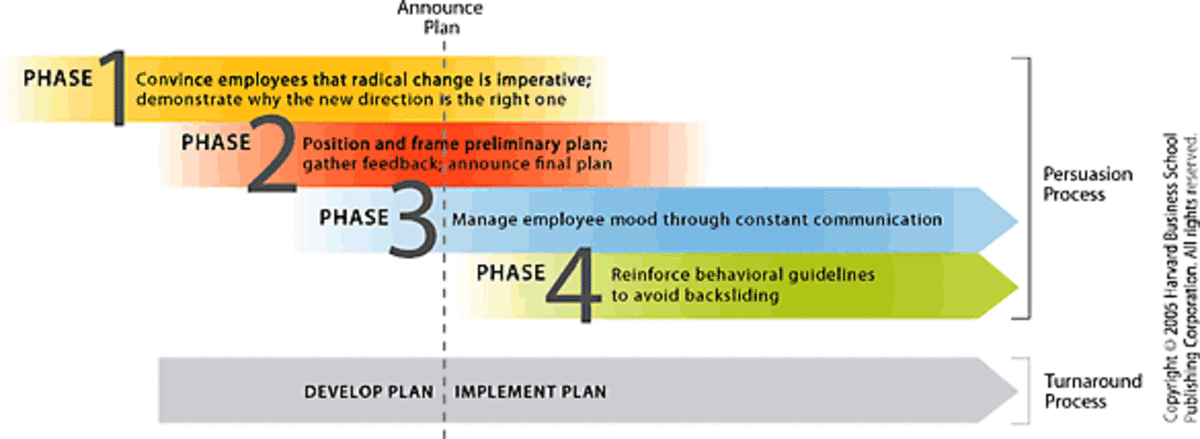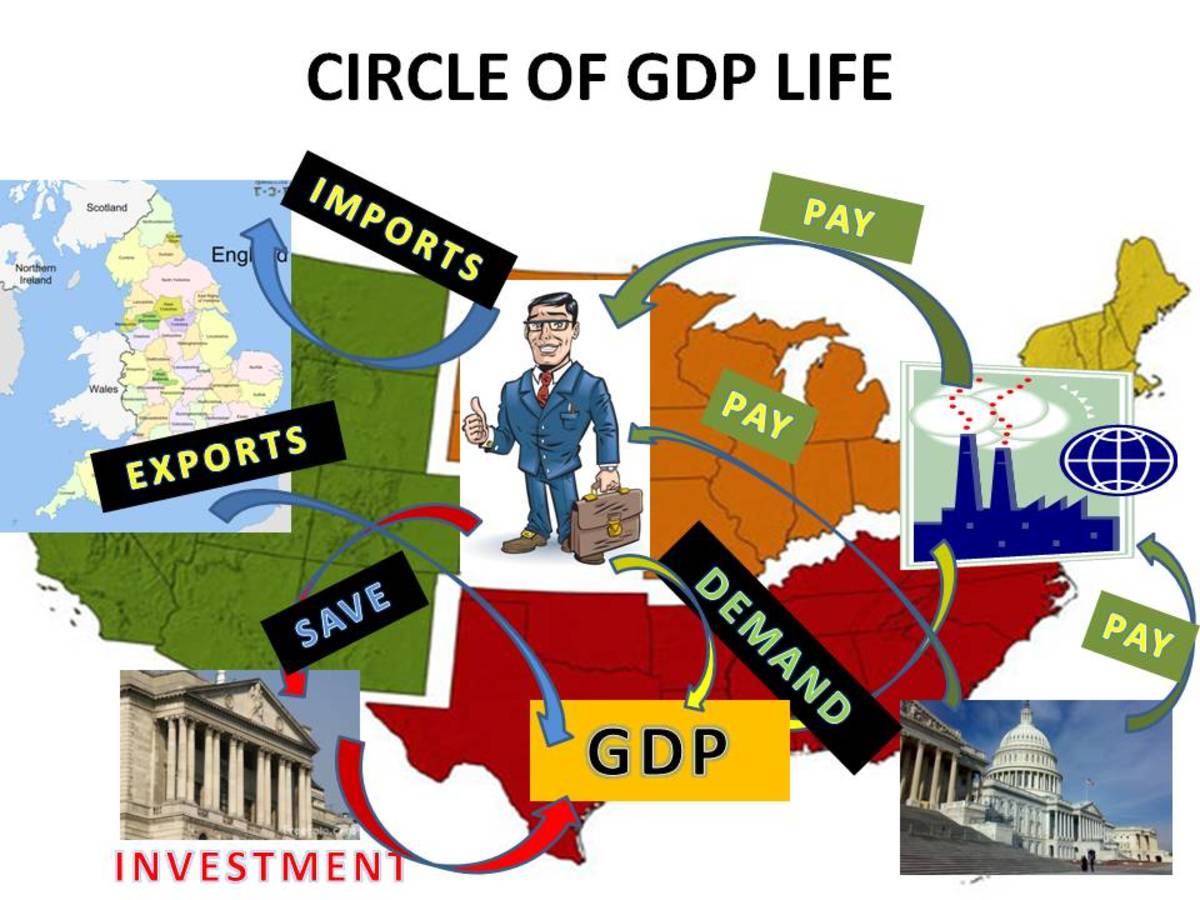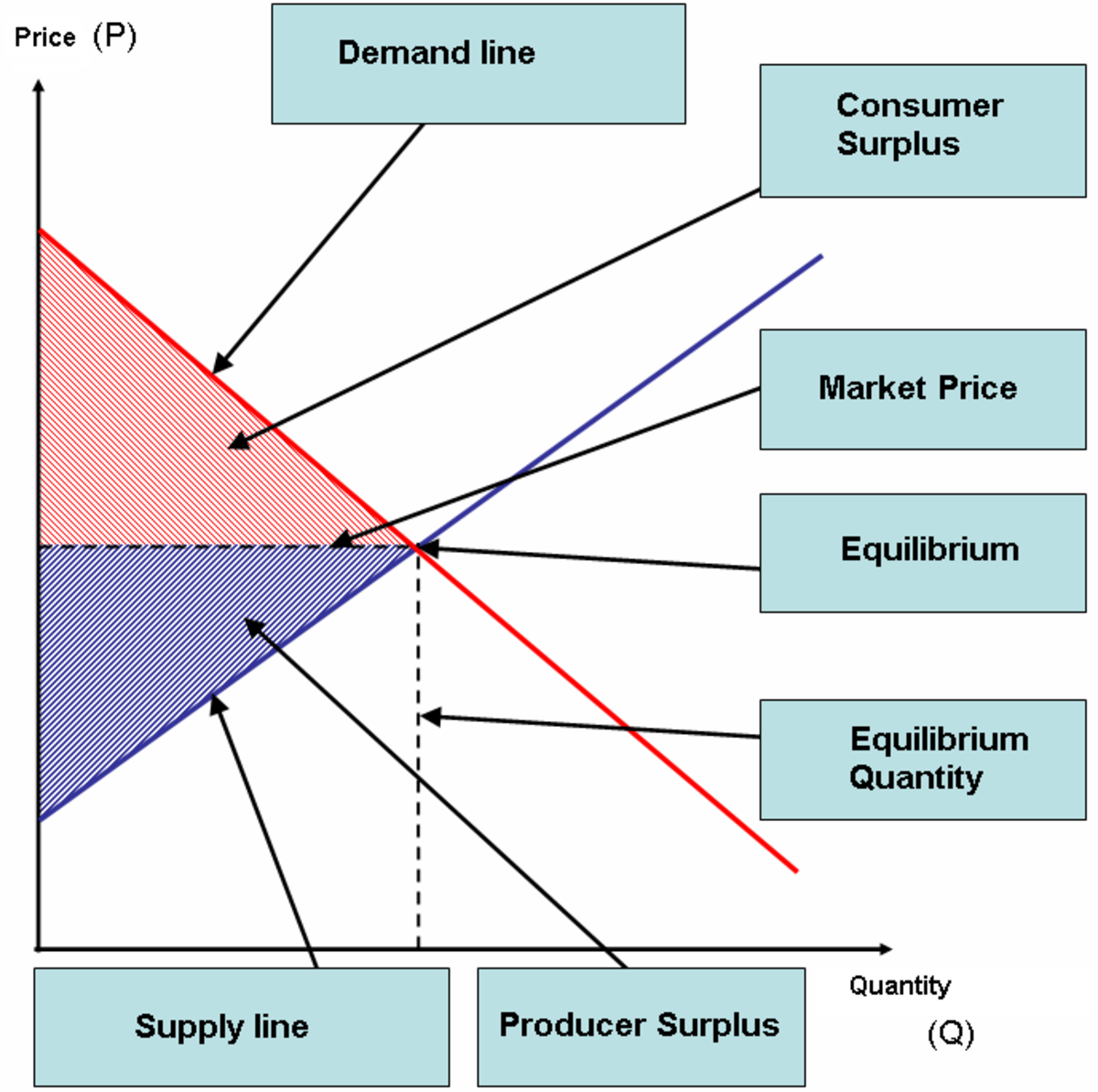Inequality and What to Do About It
Inequality in my opinion is abstract and it exists almost everywhere and resides in almost everyone. Like Plato’s Truths, our perceptions, and the uses of money there is not one “inequality” that exists in this world. From racism and discrimination to innovation and growth it seems inequality is the driving force. Most people think of inequality in terms of the nations wealth gap or the unfair treatment of minorities, but in reality inequality is much more. It is a driving force of capitalism; it is a destroyer of freedoms, and a creator of judgment in our society. It exists in every part of our society, it can be good and it can be bad, but one thing is for certain it is most visible in the business environment. As Piketty explained, “inequality is not bad up to a certain point,” but when it becomes too “extreme it becomes useless for growth” (1). When it reaches an extreme inequality changes the way we treat others and how we behave in society. Inequality will always exist in certain areas such as, income, wealth, and education, but these are by no means tools for judging people. I like what was said in the article ‘Redefining Capitalism’ “It is solutions to human problems that defines prosperity, not money.” (2) There are solutions to the problems caused by inequality while maintaining the good aspects of it. These include progressive taxation, more domestic production, and increased equality for women and minorities.
According to the EAPN “Countries with high levels of inequality are also likely to have high levels of poverty”(3). This is because the wealth gaps of most developed nations is immense, but none so immense as the Untied States in which the richest 10% own over 70% of the nations wealth and this gap is only increasing. If a fraction of this wealth was redistributed with a wealth tax we could slowly eradicate the problems of inequality. In 2012 there were around 633,000 homeless people in the United States, “a wealth tax of just a one-tenth of 1 percent (one dollar out of every thousand) would have provided the $4 billion needed to shelter every homeless American for 365 days.” (4). The poverty and suffering caused by too much inequality exists all over the world. In India for example, there is inequality in many areas, one of them is a preference for male children. Being in India, I have seen and heard stories about female children being literally thrown away, because there is more opportunity for male children to succeed financially in the Indian society and the world society in fact. This is another way money; a perception of value, an object with no intrinsic value affects our lives in the most terrible of ways.
In business we give more importance to short-term gains rather than the long-term survival of the company or the society. For example, in most developed nations CEO’s earn no more than 30 times the average wage of an employee, but in the United States the CEO compensation ratio is in the hundreds. And these are only some of the figures that are made public by “transparent” companies. A while ago “congress ordered public companies to reveal actual CEO-to-worker pay ratios under the Dodd-Frank law, the numbers remain unknown.” (5) The discriminatory hiring practices, unfair wages, racism and biased regulations are all inequalities that exist in the business environment.
Inequality is also a result of globalization, which can be beneficial for the world if it is applied properly, but instead it is being used to exploit developing nations. The WTO was even created to promote equality, but now it is mostly controlled by the United States and European nations. Globalization also created problems for the nations who are doing the exploiting. In America for example, Apple has shifted most of its manufacturing overseas, “all iPhones contain hundreds of parts, an estimated 90 percent of which are manufactured abroad,” this has led to the loss of domestic jobs and decreased spending in the American economy (6). The way corporations are dismissing its domestic workers and exploiting other nations workers is unfair, unjust and in the long run bad for business. As Michael E. Porter and Jan W. Rivkin said, “businesses cannot succeed for long while their communities languish” (7).
Many say that racism, discrimination and inequality are part of the past, but in most countries all three still persist, especially in the business environment. For example, males are more likely to be promoted and paid more than a female and likewise an African American male is less likely to be hired than a Caucasian male with the same qualifications. In a study done between 1996-2007 it was discovered that “women are paid $4,600 less in their first post-MBA jobs, occupy lower-level management positions, and have significantly less career satisfaction than their male counterparts with the same education” (8).
Another example of discrimination is Wal-Mart, which has had to face a huge sex discrimination class-action lawsuit, because it was not giving equal opportunities to its female employees. In one way I believe the way Wal-Mart is treating its employees will be good for the entire society in the long run. With all the publicity and lawsuits Wal-Mart has to face it will have to make big changes and these changes will affect the entire society. As more females sue large corporations they will gain more power in the political and business environment and in time will gain equal opportunities and status in society as men. This kind of revolution and drive can be used in every movement from racism to the wealth gap. I hope one day we will not be judged by what our jobs are, but by who we are. It is common to hear individuals refer to someone as a ‘doctor’ or a ‘lawyer’ with this shallowness usually the foundation of who we are is forgotten. We are mothers, fathers, lovers, and friends before we are doctors or lawyers, but in todays capitalistic society we are judged on how much we make not how good a person we are. That’s why I enjoyed reading the idea that if we ask each other “What problems do you solve?” instead of “what do you do?” aka “how much do you earn?” both capitalism and our society would be better for it.
As I said before, I believe inequality can be good for example, if we considered everyone equal in everyway then it would lead to the inefficient allocation of resources and reduced productivity. An advantage of democracy is supposed to be equality, which does not mean everyone has equal wealth, but everyone has equal opportunity to achieve greatness by his or her own merit and abilities. The democracy we are living in today does not allow everyone to have equal opportunities. We are not all equal in everything and I think this is a strength not a weakness that leads to innovation and evolution. As we focus on what we are good at we can continue to strive for perfection. The inequality caused by globalization for example, may take away some resources and jobs from a domestic nation, but the benefits in the long run may return those resources and jobs all while eradicating poverty in the world. In searching for equality America and the world has lost many of its freedoms. Preventing some nations from using certain resources can be called unequal, but it is beneficial for everyone. Why can this same theory not be applied elsewhere?
Perhaps we are more materialistic than we used to be 250 years ago and this may be one reason why inequality has increased so much. To a certain degree inequality is good and it solves more problems than it creates, but when it reaches a certain point it can be damaging to individuals and the society as a whole. I understand that the nation needs to promote actions that create solutions while minimizing any resulting problems, but in my opinion a 1/10 % increase in wealth tax would not harm anyone and the benefits to society could be massive. The wealthy claim this to be inequality when capitalism itself favors the wealthy. Too much inequality and competition creates a system of unfair business practices and cutthroat techniques and strategies to gain market share or to eliminate competitors.
I would suggest creating a system that incorporates democracy with some aspects of socialism such as, socialized medicine, education and increased domestic production like many European nations already have in place. Some European nations such as, Germany have created an efficient capitalist system with socialized education and medicine and above all the financial system is controlled by the government, which means fewer economic turbulences and financial meltdowns. Two hundred years ago the income inequality was greatest in Europe, but with changes that are occurring in countries like Germany the income inequality in the past 100 years has shifted from Europe to America.
I don’t think trade regulations and government controls should be as strict as Germany’s, but I believe if America tightened its borders a little and began producing more of its goods it could increase wages, provide more jobs, and increase the standard of living for everyone. The socialized infrastructure would require higher taxes, which many Republicans and rich Americans don’t want.
All of the topics covered in this paper are my perceptions, which I developed through research and evidence. Plato explains in ‘The Allegory of a Cave’ that the truth cannot be understood with our senses, but by ascending through knowledge. Instead of looking at ourselves and thinking that our perceptions are the “right” perceptions we have to see the real evidence. And the Truth is, our system is not working. The system has changed, how we treat each other, how we view the world and how we live our lives. I believe a few of the ideas I mentioned in this paper can help others develop new perceptions. In the long run more government control, higher taxes, increased equality for women and minorities will lead to a better life for everyone.
References
(1) Piketty, Thomas. "Bing." Piketty Future of Global Capitalism Video. 10 July 2014. Web. 8 Jan. 2016.
(2) Bienhocker, Eric, and Nick Hanauer. "Redefining Capitalism." Redefining Capitalism. 1 Sept. 2014. Web. 10 Jan. 2016.
(3) "EAPN." Inequality : What Is It? -. 2016. Web. 10 Jan. 2016.
(4) Bucheit, Paul. "4 Shocking Examples of American Inequality." Alternet. 3 Feb. 2014. Web. 10 Jan. 2016.
(5) Smith, Elliot Blair, and Phil Kuntz. "CEO Pay 1,795-to-1 Multiple of Wages Skirts U.S.
Law." Bloomberg.com. Bloomberg, 30 Apr. 2013. Web. 9 Jan. 2016.
6) Duhigg, Charles, and Keith Bradsher. "How the U.S. Lost Out on IPhone Work." The New York Times. The New York Times, 21 Jan. 2012. Web. 13 Jan. 2016.
7 ) Porter, Micheal E, and Jan W Rivkin. "An Economy Doing Half Its Job." Harvard Business School, 1 Sept. 2014. Web. 10 Jan. 2016.
8) Ibarra, Herminia, Nancy M. Carter, and Christine Silva. "Why Men Still Get More Promotions Than Women." Harvard Business Review. 1 Sept. 2010. Web. 14 Jan. 2016.








